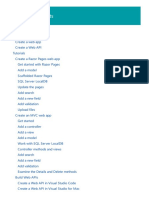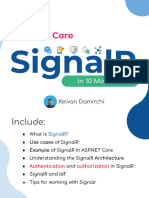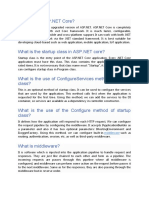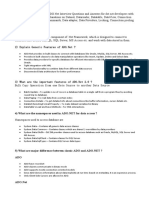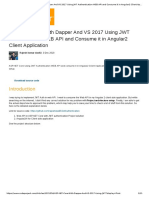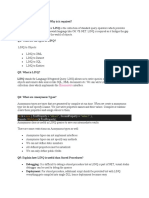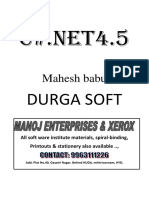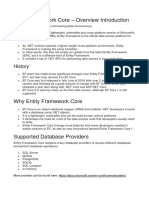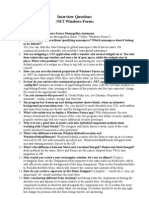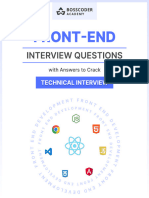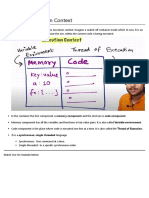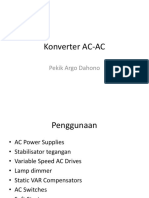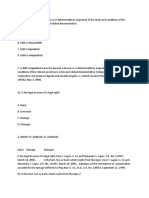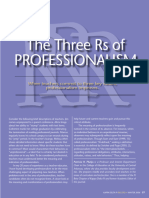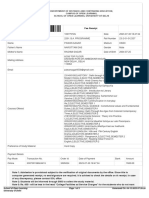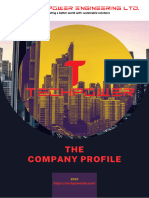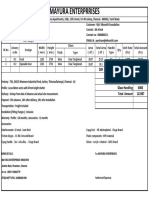0% found this document useful (0 votes)
245 views27 pagesRoad Map
This document provides a roadmap for learning .NET backend development skills, broken into sections covering various topics from fundamentals to advanced concepts. It recommends learning core programming concepts, the .NET ecosystem, C#, databases, ASP.NET Core, ORM, authentication, system design, testing, caching, logging, background tasks, and useful libraries. Later sections discuss containers/orchestration, observability, cloud platforms, and modern frontend skills. The roadmap aims to guide developers from basic to advanced skills for building powerful .NET backend applications.
Uploaded by
Israa EzzatCopyright
© © All Rights Reserved
We take content rights seriously. If you suspect this is your content, claim it here.
Available Formats
Download as PDF, TXT or read online on Scribd
0% found this document useful (0 votes)
245 views27 pagesRoad Map
This document provides a roadmap for learning .NET backend development skills, broken into sections covering various topics from fundamentals to advanced concepts. It recommends learning core programming concepts, the .NET ecosystem, C#, databases, ASP.NET Core, ORM, authentication, system design, testing, caching, logging, background tasks, and useful libraries. Later sections discuss containers/orchestration, observability, cloud platforms, and modern frontend skills. The roadmap aims to guide developers from basic to advanced skills for building powerful .NET backend applications.
Uploaded by
Israa EzzatCopyright
© © All Rights Reserved
We take content rights seriously. If you suspect this is your content, claim it here.
Available Formats
Download as PDF, TXT or read online on Scribd
/ 27

